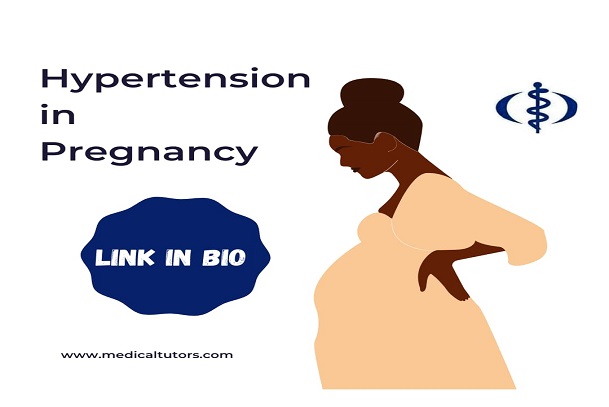 Wash your hands regularly and wear a face mask.
Learn more
Wash your hands regularly and wear a face mask.
Learn more

What Is It?
Pregnancy is a normal phase of life for many women. However, it can be affected by significant morbidities and mortalities which can make it fatal for both mother and child. Hypertension in pregnancy is one such condition.
Several conditions are associated with high blood pressure in pregnancy. These conditions are known as Hypertensive Disorders in Pregnancy (HDPs).
HDPs are conditions characterized by elevated blood pressure levels which could have started either before pregnancy or after 20 weeks of pregnancy. They are the cause of illness and death among pregnant women and this is seen especially in developing countries like Nigeria. A major cause of maternal morbidity and mortality with an estimated prevalence rate of 29% in Nigerian women.
Hypertension can develop just as pregnancy begins or further along during its advanced stages.
HDPs can be classified into the following conditions:
The severity of these disorders varies but generally, the presence of protein in the mother’s urine is an indicator of severe consequences for the mother and the baby.
How Common Is It in Nigerian Women?
HDPs are one of the most common problems without a known cause during pregnancy.
A study conducted in 2004 by Salako et al estimated that about 5-10% of pregnancies in Nigeria were complicated by HDPs. Another study conducted by Okonofua (1992) concluded that Nigerian women generally have higher diastolic blood pressure. This same study also found that gestational hypertension had a higher incidence rate than the other HDPS and attributed it to the higher levels of resting baseline blood pressures in Nigerian women. This was corroborated by Singh et al (2014) research study which was conducted in Northern Nigeria. They found that gestational hypertension had the highest rate of occurrence among women in the study cohort. However, Preeclampsia has a more significant effect on morbidity and mortality.
According to a study carried out by Oladapo et al (2015), HDPs were the most frequent cause of facility-based maternal mortality in Nigeria with a prevalence of 29%. This same study found that pre-eclampsia/eclampsia is a frequent cause of significant maternal morbidity and mortality in Nigeria.
What Causes HDPS?
The exact cause is multifactorial and unknown but some associated risk factors for preeclampsia are:
Recognizing Hypertension in Pregnancy
HDPs may be detected as elevated blood pressure which may be detected during routine Antenatal visits.
Other symptoms of preeclampsia are:
Fatal Consequences of Hypertension in Pregnancy
Some of the effects of HDPs are:
Treatment and Prevention of Hypertension in Pregnancy
Management of HDPS
The best recourse for the management of HDPs is early detection as well as the presentation at the health center. This is why routine antenatal visits are encouraged for pregnant women.
Management essentially consists of close surveillance of both the mother and foetus. Women who are at a higher risk are given aspirin to reduce the risk of premature birth. Antihypertensive medications which are safe for use may be given if required.
Does The Hypertension Go Away After Pregnancy?
Some HDPs like gestational hypertension may disappear after pregnancy, however, others like Chronic Hypertension may not resolve.
In some other cases, the elevated blood pressure may reappear even after it seems to have resolved. Constant monitoring is required for quick detection.
Can HDPS be Prevented?
Early consultation with the doctor is key to the prevention of HDPs. It is recommended that an appointment be scheduled even before conception especially if there’s a history of chronic hypertension.
Other safety measures that can be taken while pregnant include:
Conclusion
HDPs are significant sources of maternal morbidity and mortality in Nigeria with Preeclampsia being the most significant in incurring severe morbidity and even mortality.
Early detection, as well as maternal and foetal surveillance, is instrumental to the Management and prevention of HDPs.